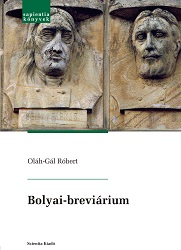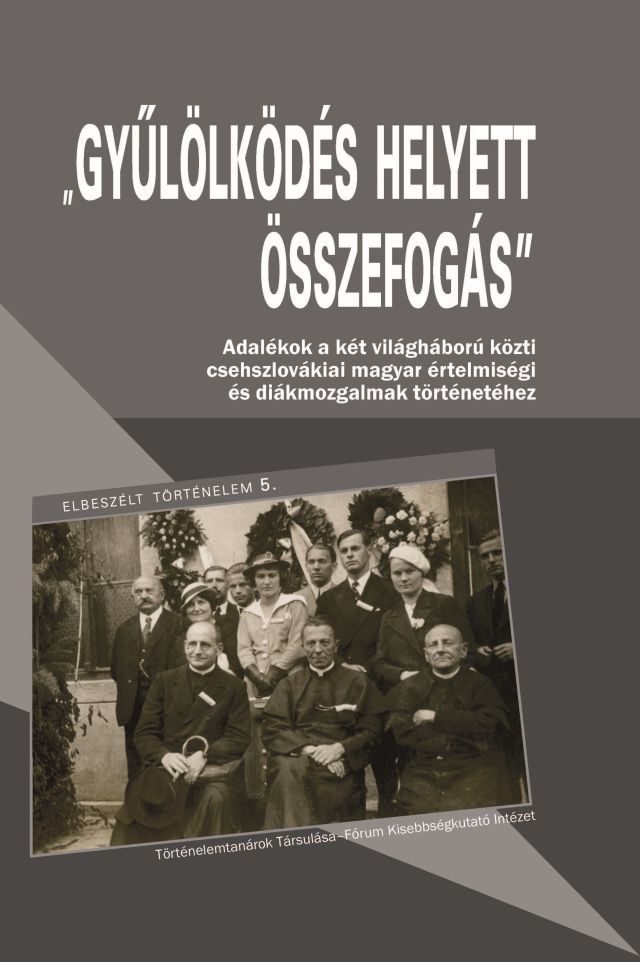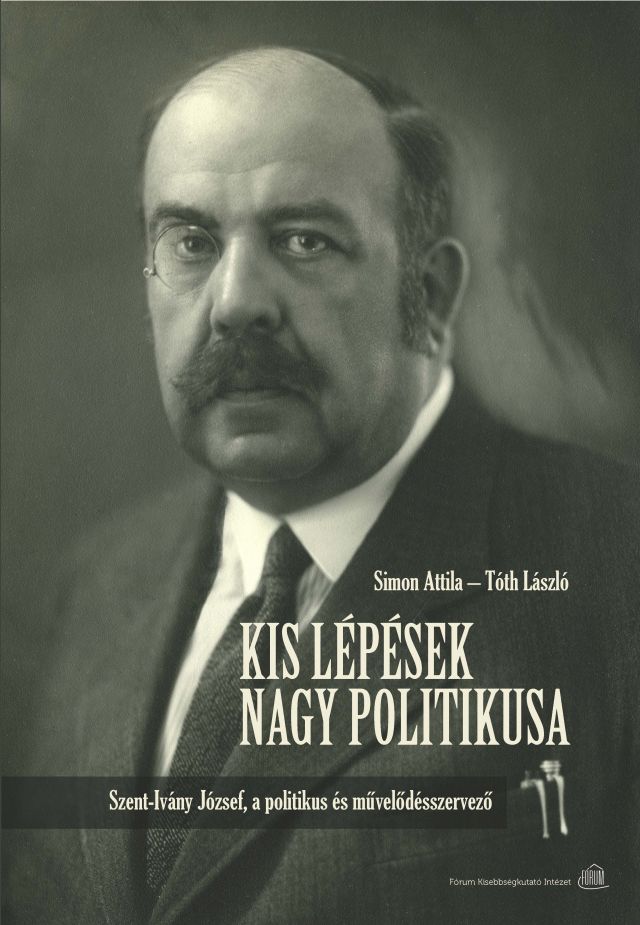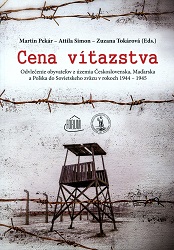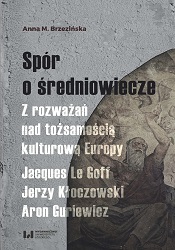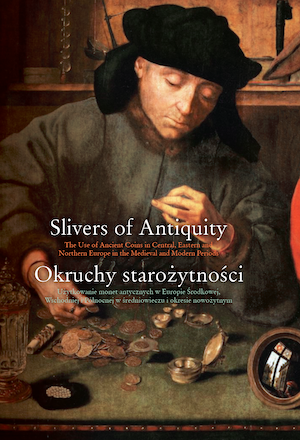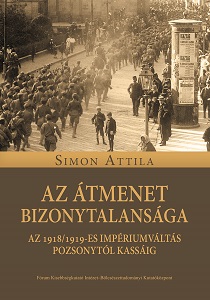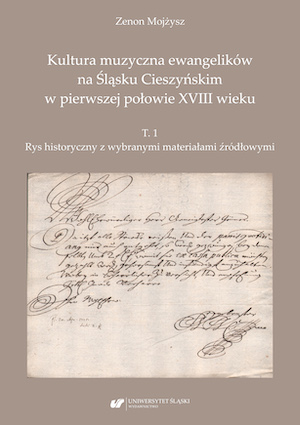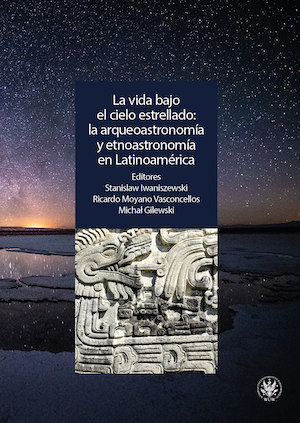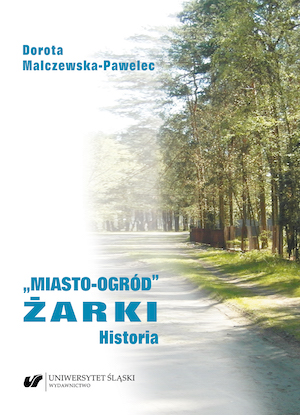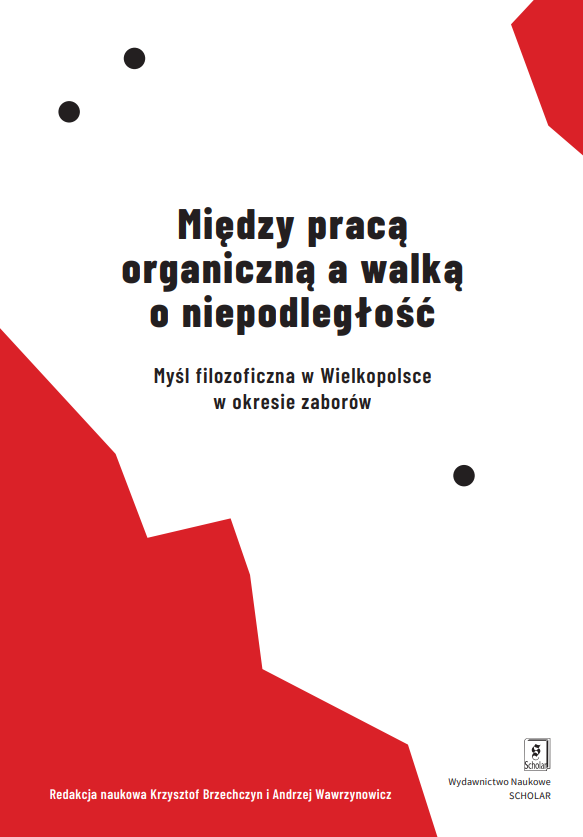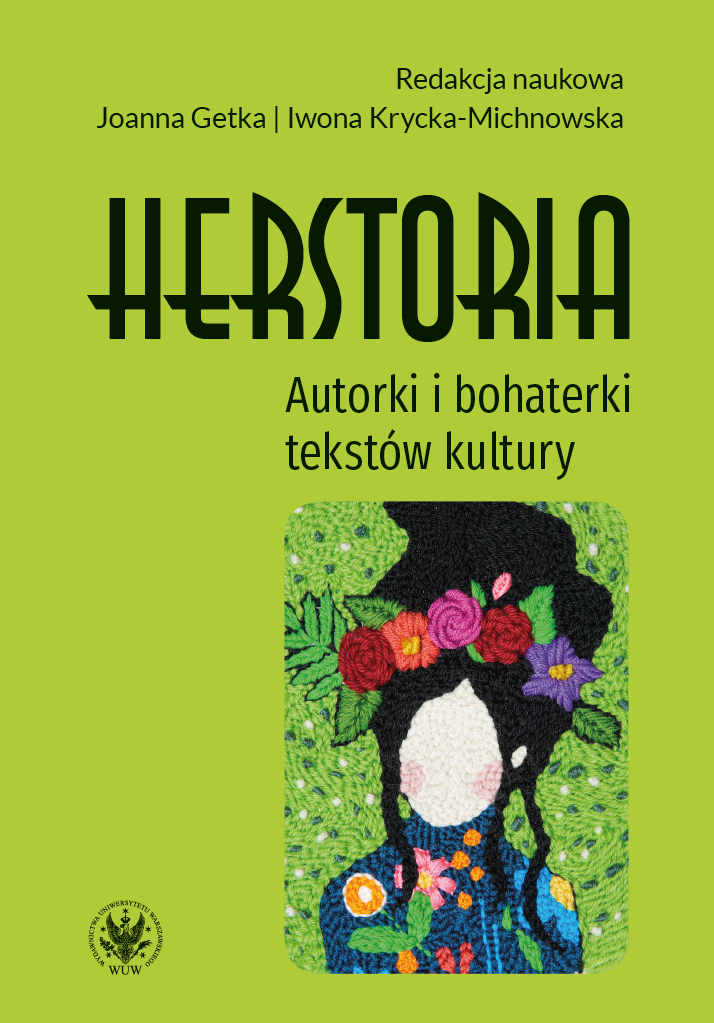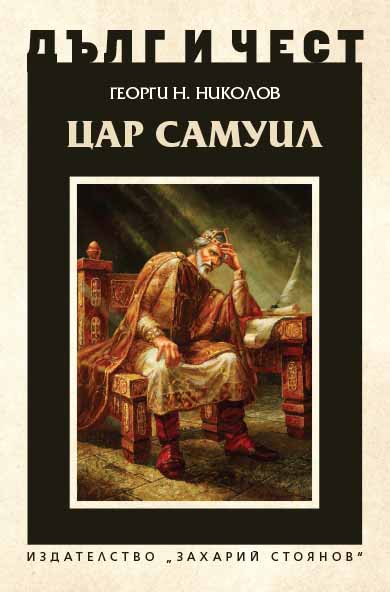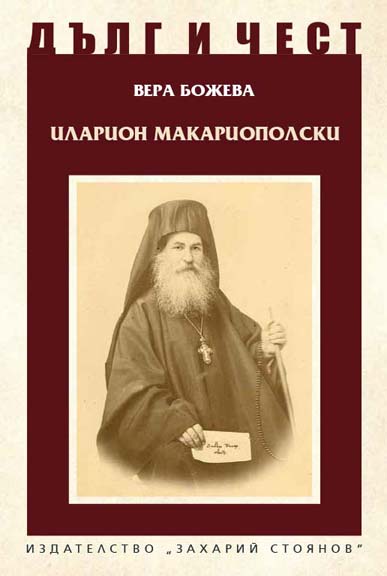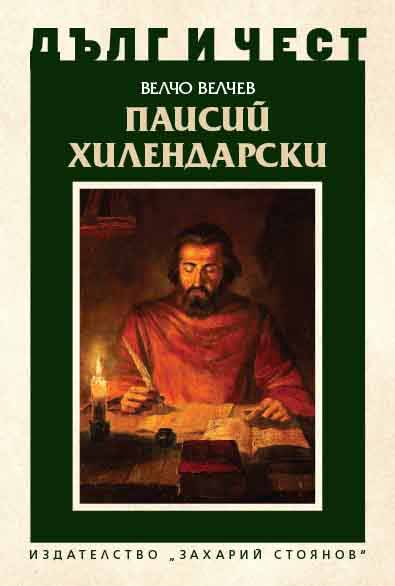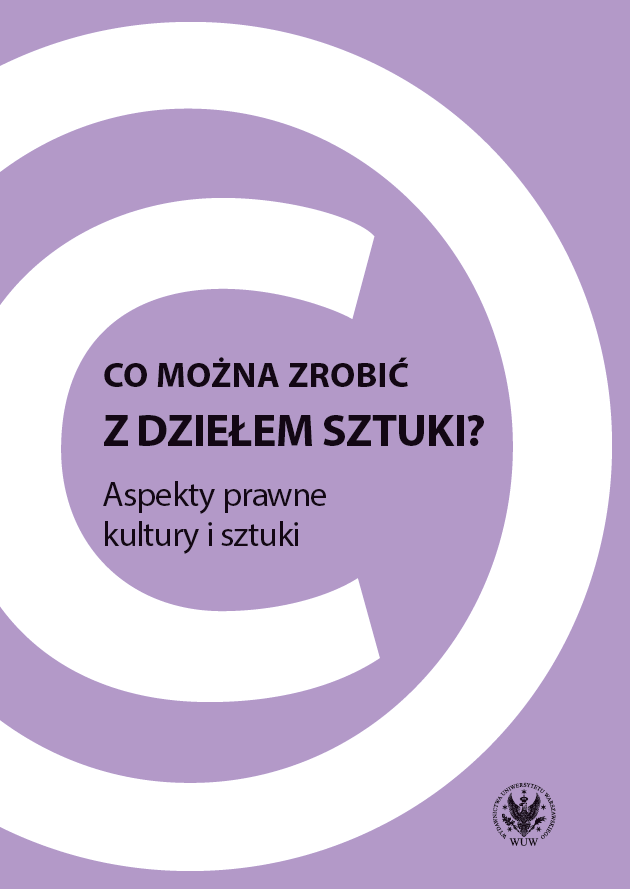Author(s): Attila Simon / Language(s): Hungarian
The present volume, which aims to show how the 1918/19 transfer of sovereignty taking place in what is now known as southern Slovakia, summarises the author's research on the subject over the previous four to five years. And although the region is inhabited by Hungarians and Slovaks, the book focuses primarily on the aspirations of the Hungarians living there, the reason of which is not only the numerical superiority of the Hungarians, but also the lack of national self-organisation of the Slovaks living there at the time. As Ondrej Ficeri put it in connection with Košice, it was in vain for the Slovaks to make up a large part of the population there if they had not yet been ethnicised and had not yet formed an organised national community that would have made its voice heard and would have tried to assert its will.The choice of perspective, i.e. the fact that I have focused my analysis primarily on the fate of Hungarians living in the region concerned, unavoidably implies that I am talking about Czechoslovak occupation in the book. For the Hungarians of Žitný ostrov or Gemer, the invasion of Czechoslovak troops was clearly an occupation, and this is how they felt in January 1919 and also when the Czechoslovak army occupied their region for the second time after the withdrawal of the Hungarian Red Army. I myself therefore feel justified in using this term.In the book I try to answer questions such as how the inhabitants of the region under study experienced the period of the Aster Revolution, how they reacted on hearing the news of Czechoslovak occupation, how they received the invaders, how their relationship with the new state power developed, and what events took place in the months of the turn in the region of present-day southern Slovakia.The chapters of the book review the events that took place on this territory from the autumn of 1918 to the autumn of 1919. However, the geographical accents are not evenly distributed, as very little is said about the region east of Košice, due to the lack of relevant sources. The main focus of the research was on regions and especially towns for which I had a wealth of archival and press sources at my disposal. I mainly examined Košice, Komárno, Rimavská Sobota, Lučenec, but also Levice, Nové Zámky and Rožňava. On the other hand, I will only touch on Bratislava, as the rich source material on the city would have been beyond the scope of this volume.Just as the volume is not uniform in its territorial accents, neither is it uniform in its thematic emphases. My attention was primarily directed on the interaction between the Hungarian population and the Czechoslovak power, and in this context on the transformation of life in the region under study, but not in a comprehensive way. Culture, the fate of the theatres, education and schools are just some of the topics that I have not examined. This is partly because they have already been dealt with by more qualified researchers in the subject. Nor did I feel motivated or well-prepared to explore the military history aspects of the subject.Little relevant literature has yet been written on the incorporation of present-day southern Slovakia into Czechoslovakia, or on how the towns here experienced the change of sovereignty. This volume therefore draws heavily on new, previously unexplored archival sources.The history of the political turn in southern Slovakia is both a history of disintegration and a history of construction, as the disintegration of the Kingdom of Hungary is accompanied by the construction of the Czechoslovak Republic. Despite this, the Hungarian literature on Trianon, or the Czech and Slovak literature on the formation of Czechoslovakia, almost always analyses only one of the two processes. The result of this cannot be much else than the incompatibility of the 'grand narratives'.However, the volume presented to the reader is primarily dominated by "small stories", local events and individual destinies, which can only be understood if the disintegration and construction are examined together, in their interrelationship. The contemporary history of Komárno or Košice and the people who lived there is at once the history of the withdrawal of the Hungarian state and the history of the establishment of the Czechoslovak state.The occupation of the region by Czechoslovakia was a more complex process than previously thought, in which the course of events was not necessarily determined by the opposition of the two centres of power, Budapest and Prague, but was influenced at least as much by local forces: the leadership of a given city, taking advantage of Budapest's passivity, the commanders of the occupying troops, and the interaction of these actors.Traditionally, the national aspect has been identified as the central organizing principle of the transfer of sovereignty in southern Slovakia, which assigns the place of the individual actors in contemporary events on an ethnic basis. This, however, is the result of a simplification and misunderstanding of the conditions of the time, and leads to erroneous conclusions such as that the Hungarians in Upper Hungary rejected Czechoslovakia, which, moreover, brought them democracy, solely on the basis of nationalism.But this is a misconception, as is the view that at the time of the change of sovereignty, the old, undemocratic Kingdom of Hungary and the new, democratic Czechoslovakia were opposing worlds in terms of their political systems. There are not only national motives in the attitude of the social democratic groups in Bratislava, in Košice and other areas (and even more so in the case of the German and Slovak workers who went on strike with them) towards Czechoslovakia. For the social democrats, the Aster Revolution was a victory for their earlier aspirations and the democratisation of the country, and the developments after the Czechoslovak occupation were perceived as a process against this. For them, as a manifesto of the workers in Košice indicates, the Czechoslovak army was both a representative of an alien national and class (imperialist) power, and this was what made their rejection so fierce.The two elements of the change of sovereignty in Upper Hungary, the disintegration of the Hungarian state and the establishment of the Czechoslovak state, were an overlapping process. From 29 December 1918, when the Czechoslovak troops occupied Košice, the Czechoslovak state power was already present in the city, but the Hungarian state was also there: its institutions were there, its laws were in force and, above all, its representatives were there. Although the city already belonged to Czechoslovakia, in January 1919 the Czechoslovak presence was stronger in only one segment of the state power: the army. In everything else (institutions, legislation, administration), the Hungarian state seems to be more dominant. And even if its influence is gradually diminishing, while the Czechoslovak presence is gradually growing stronger, it is still present. If this had not been the case, the arrival of the Red Army of the Hungarian Soviet Republic could not have restored the 'Hungarian world' so quickly. The change only accelerates after the second "Czechoslovak occupation", when not only the institutional and administrative takeover is completed, but also the population's acceptance of Prague's power increases.For the above reasons, I believe that one of the most important messages of this volume is to emphasise the phenomenon of transience, even though this concept is not a well-established element in our historiography. However, even if we ignore it, transience is a phenomenon that exists, a phenomenon that marks the in-between periods when the usual order of society ceases to function, or functions only partially, because of some kind of rupture, while a new order is already in the process of being formed. From the point of view of the region examined in this volume, i.e. southern Slovakia, the period of almost a year from autumn 1918 to autumn 1919, during which the role of historical Hungary was taken over by the Czechoslovak state, can rightly be regarded as such a period. The months of transition.The feeling of transience was strongly linked to another feeling, that of uncertainty. For the citizen of southern Slovakia, it was not the fact of change per se that was frightening, but rather the uncertainty that went with transience. The unpredictability of the future. The approach of the Czechoslovak army was also a source of fear, primarily because they did not know what it would bring and what it would entail. And the final demarcation of the borders and the second occupation was a step towards consolidation because it put an end to uncertainty.From this point of view, the gradual abandonment of the rejection of the Czechoslovak state by the Hungarians of southern Slovakia and their pragmatic acceptance was also the result of a desire for certainty and stability that could replace uncertainty. From the summer of 1914 onwards, this was perhaps what they lacked most of all. It is a curious twist of history that it was Czechoslovakia, not Hungary, that gave them stability. Then and there it seemed to be enough to reconcile them to their fate in the long term. It did not take long, however, for it to become clear that this was not enough, that the Hungarians, from Bratislava to Košice, expected more.
More...
